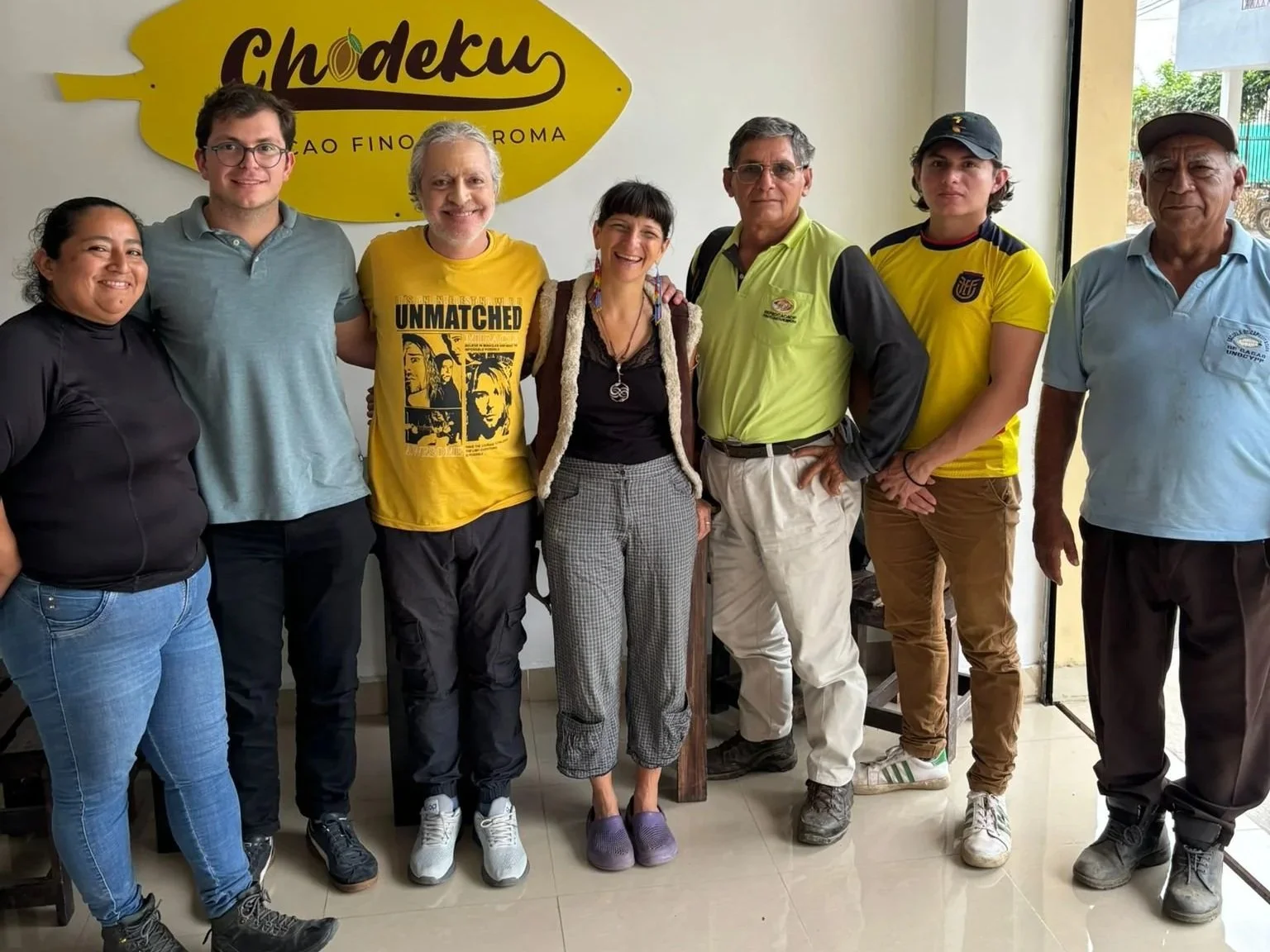Ceremonial-Grade Cacao: From Currency to Consciousness
Cacao was once used as currency. Today, its true value lies in honouring the people who have carried its wisdom for millennia. For thousands of years, cacao has flowed through the hands of farmers, traders, and ritual leaders, not just as a food, or beverage, but as a sacred gift and currency.
During the Maya and Aztec civilisations, cacao beans were so valuable they were used to buy goods, pay workers, and offer tributes to rulers.
Moctezuma II, the ninth emperor of the Aztec Empire (reigned 1502–1520), is famously associated with cacao. He is reported to have consumed up to 50 cups of xocolatl (a spiced cacao drink) a day, especially before visiting his harem. The drink was believed to give strength and aphrodisiac power.
As early Spanish colonisers recorded, 100 cacao beans could purchase a turkey hen, while just a handful could buy a day’s food. Cacao was not only an important food, it was currency.
“The origins of money may lie not in state control but in social relationships and trust networks.” — Mott, Science News, 2024
This ancient economic system didn’t rely on minted coins or paper notes, it relied on social consensus. People agreed that cacao beans had value, and trusted they could exchange them for what they needed.
Cacao’s value was relational, not transactional. It was woven into the fabric of the community, and as a modern cacao business, we aim to honour those same principles.
It’s a far cry from how cacao is treated today. Usually hidden in sugary, mass-produced chocolate, produced by companies that have no respect for the farmers, or the cacao spirit. Most of us consume it as a commodity, and are totally disconnected from its rich history and deeper symbology.
What It Means to Honour the Cacao Wisdom Keepers
In today’s world of mass production and corporate supply chains, we’re often disconnected from the origins of what we consume, and the wisdom of those who cultivated these ancient systems of exchange.
At Ritual Cacao, we believe that honouring cacao’s original value means honouring the wisdom keepers, the Indigenous communities, small-scale farmers, and stewards who have nurtured cacao’s legacy for generations.
Wisdom keepers are more than just growers; they are guardians of cultural, agricultural, and spiritual knowledge. Many of the communities we work with have passed down cacao-growing traditions for hundreds, even thousands of years.
From biodiverse agroforestry systems to fermentation methods, and from ceremonial use to seed saving, these practices ensure that ceremonial-grade cacao is not only sustainable but deeply meaningful.
When we partner with growers, we do so with respect and transparency, recognising that our role is not to extract, but to support and honour the plant medicine we work with, and all the stakeholders involved.
Cacao’s Value is More Than Price
As the debate continues about how money originated, whether from barter or social agreements, it’s clear that cacao was one of the earliest symbols of shared value.
The challenge continues for us today when we source Ritual Cacao, but we always go back to the question of… What do we truly value?
Is it speed, convenience, profit margins?
Or is it integrity, relationships and the finest organically grown beans we can find?
Our value isn’t defined by price tags, but by ‘integrity, fair trade,’ and the connections we make along our journey. In recent years, we’ve seen a growing shift, as more businesses and individuals are embracing ceremonial-grade cacao, as well as bringing more wellbeing, meaning and connection into daily life.
When you choose Ritual Cacao, you’re choosing to honour a deeper cacao story.
We are a business that honours the land, the people who cultivate it, and the generations of wisdom that brought ceremonial-grade cacao to our cups.
Sources:
Mott, M. (2024). Money’s ancient origins remain a mystery, sparking fierce debate. Science News.
Sharer, R. J., & Traxler, L. P. (2006). The Ancient Maya. Stanford University Press.
Coe, S. D., & Coe, M. D. (2013). The True History of Chocolate. Thames & Hudson.
Wikipedia: History of Chocolate


